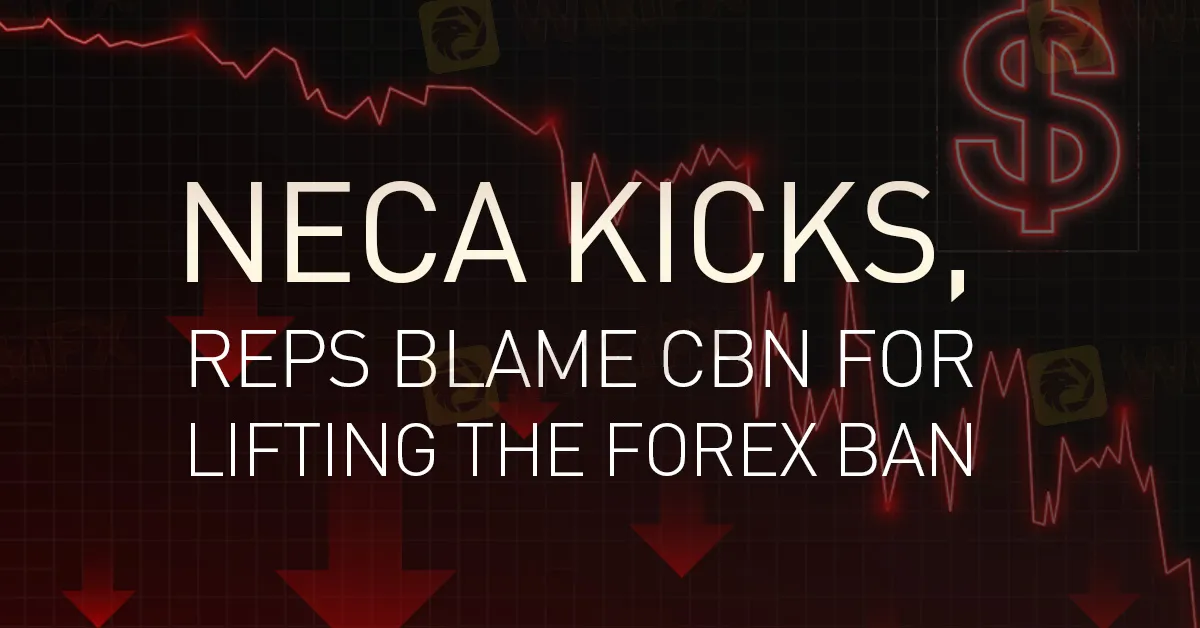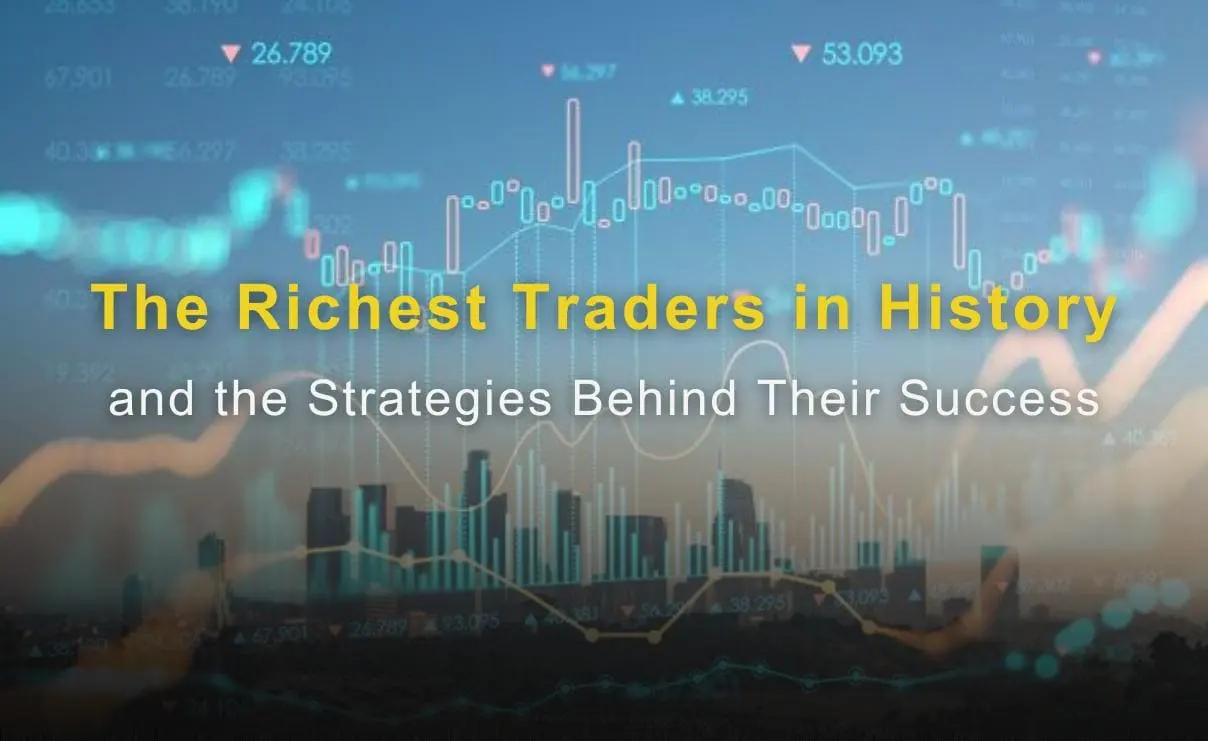Abstract:Sada Soli, a member of the House of Representatives, has issued a warning that the local economy could collapse if the Central Bank of Nigeria lifts its ban on 43 products.
On Tuesday, he issued the warning on the House of Representatives floor.

Sada Soli, a member of the House of Representatives, has issued a warning that the local economy could collapse if the Central Bank of Nigeria lifts its ban on 43 products.
On Tuesday, he issued the warning on the House of Representatives floor.
On the new CBN policy, the Nigeria Employers Consultative Forum, arguing that the importation of the 43 commodities was not prohibited in 2015, disagreed with the lawmakers.
It explained why the items were subject to the foreign currency prohibition. It went on to say that this put pressure on the currency market and that the country will gain from the new CBN strategy.
In response to the central bank's decision to ease the prohibition on the import of 40 commodities, including toothpicks, cement, fertilizer, and more, the House called Yemi Cardoso, the governor of the CBN, to address it.
According to reports, the 43 products were prohibited from obtaining foreign exchange at the official market rate in 2015.
The foreign exchange market was experiencing extreme volatility at the time of the CBN's abrupt move to reverse the embargo because the President Bola Tinubu administration had unified all trading windows into the investors and exporters' window, or the official FX market.
Recall that the top bank stated, “The CBN reiterates that the prevailing Foreign Exchange (FX) rates should be referenced from platforms such as the CBN website, FMDQ, and other recognized or appointed trading systems to promote price discovery, transparency, and credibility in the FX rates,” in a statement released by its Director of Corporate Communications, Isa AbdulMumin.
Following the adoption of a motion of urgent public importance sponsored by Soli, a member of the House representing Jibia/Kaita Federal Constituency, Katsina State, on the platform of the All Progressives Congress, the Green Chamber on Tuesday at a plenary session passed a resolution to summon the CBN Governor.
Soli defended the motion's importance by pointing out that the national bank's decision would force factories to close, which would reduce the country's ability to develop its local economy.
He expressed doubts that the new strategy will have a significant effect on the Nigerian economy. “Middlemen” might take unfair advantage of it for their own benefit, he said.
In response to a petition that the legislators rejected, Jesse Onuakalusi, a lawmaker from Lagos State's Oshodi/Isolo II Federal Constituency, called for an immediate reversal of the policy until the House concluded its legislative action on the topic.
The House Committee on Regulatory Banking, Finance, and Customs then adopted an addition to the resolution made by Kinglsey Chinda, who represents the Obio/Akpor Federal Constituency in Rivers State. The amendment stated that the CBN Governor should appear before the committee to provide an explanation for the rationale behind the lifting of the ban.
The Nigerian Economic Summit Group's Chairman, Mr. Niyi Yusuf, declared, “Trade issues cannot be resolved through monetary policies.” By utilizing the proper policies, tactics, tools, and methods, our manufacturing business may become more competitive. Monetary measures are not the only way to address and resolve problems.
However, Mr. Wale Oyerinde, Director-General of the Nigeria Employers Consultative Association, stated: “It was a policy decision with two sides: it lifted restrictions on the purchase of foreign exchange for forty-three items.”
“It should be noted that the 43 items were never prohibited from being imported because they were never on the prohibition list,” he stated. The commodities' importers just had to obtain foreign exchange from other sources, which always puts additional strain on the FOREX market.
“The restrictions put pressure on the forex market and have the potential to widen the gap between official and parallel market rates, even though they helped the gradual investment in local alternatives.”
The problems could be solved for the good of the country by carefully coordinating the monetary and fiscal policies with input from other Ministries.
“The items were not banned in the first place,” stated Dr. Friday Okpara, Director of the Nigerian Small and Medium Enterprises Development Agency. The sole restriction was that they couldn't access the CBN official window beyond that point. The lifting of the prohibition is negligible now that we have one FX window.
Whether it has been lifted or not has no bearing on anything. There is nowhere to access forex.
Salihu Imam, the Chairman of the Agricultural Development Farmers Association's Oyo State Chapter, stated in the meantime, “Normally, if you want to protect the industries, you ban import.”
We need to work on safeguarding them. All of these programs, whether they be palliative or otherwise, are unnecessary because they will inevitably breed corruption. The government needs to come up with plans to help the farmers.
“African farmers should receive loans from commercial banks at an annual rate of two percent; the farmers will repay the loans.” One of those desperate moves is the decision to relax the prohibition on those forty-three goods.
“You are removing the subsidy; you don't have any measures on the ground,” he continued. The government has been acting in a panic and doing this for centuries.
He said, “Some economies around the world prohibit imports to support local businesses, which allows you to export and earn foreign exchange.”








